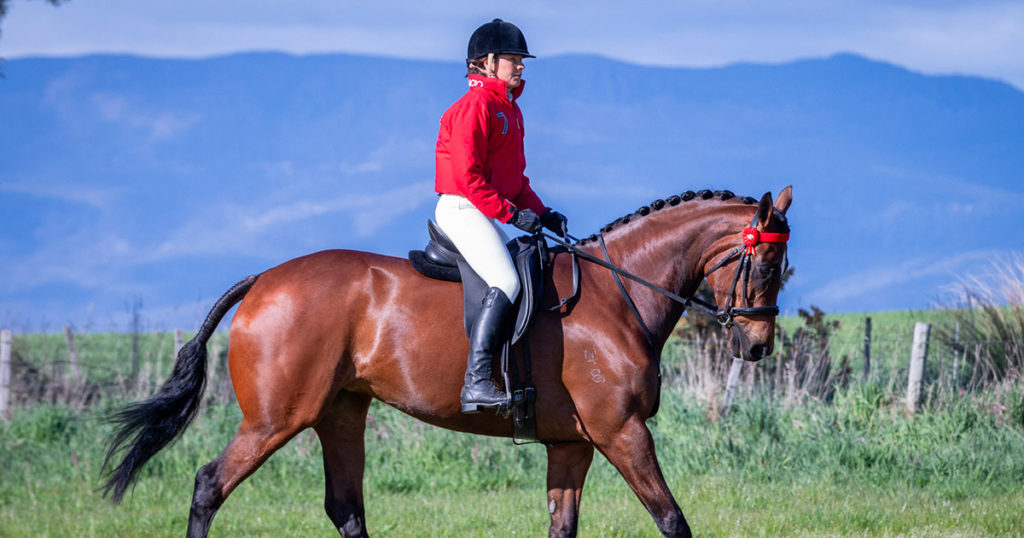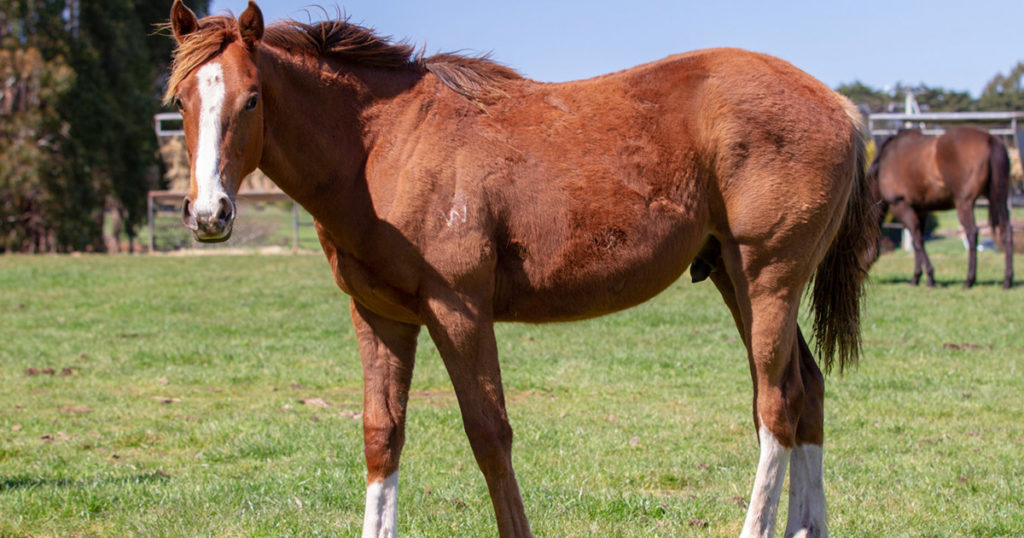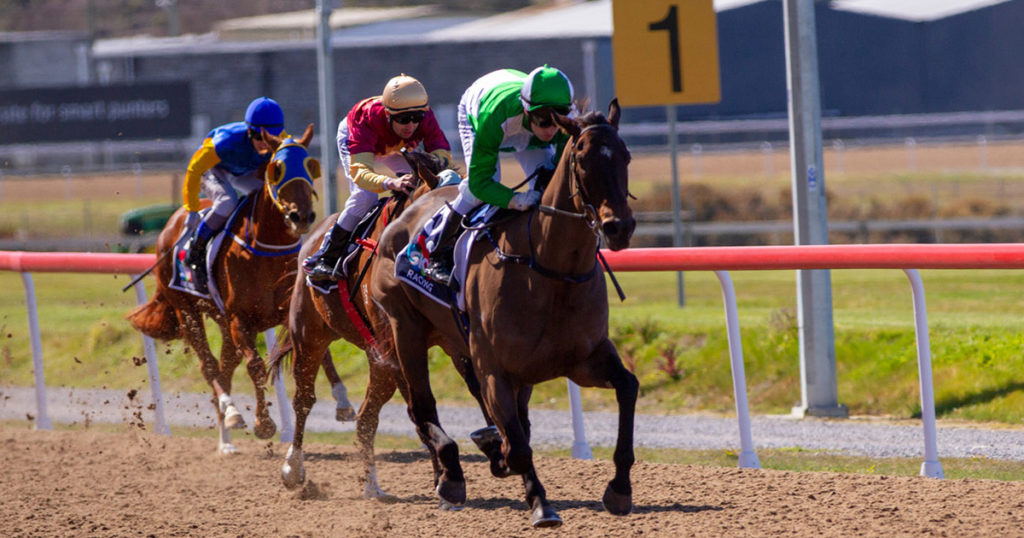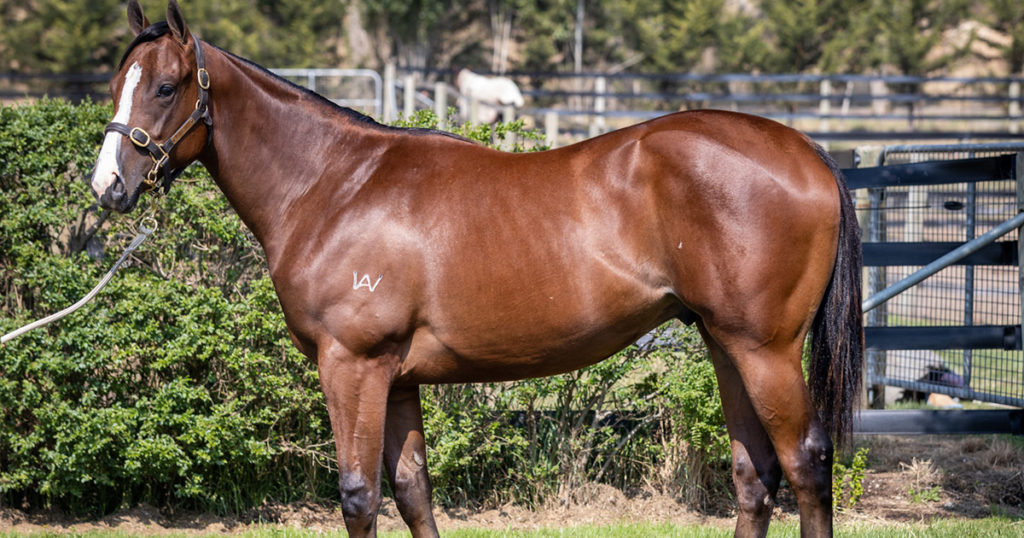Here in the Southern Hemisphere, the weather is warming up, daylight hours are getting longer, show season is in full swing, and eventing, dressage, showjumping and polocrosse events are underway. For many, school, university and/or work holidays over the Christmas and New Year period are likely. This combination of factors can mean that we suddenly have more time, desire and/or motivation towards riding our horses. Which is great!
An important thing to keep in mind, however, is to gradually increase the workload of our horses and ponies. Understandably, many horses are turned out or exercised only very lightly or infrequently during the colder, wetter months and short daylight hours.
Most of us appreciate that during this time, our horses lose both physical and aerobic fitness. Less often, we stop to consider that during this time off or reduced workload, they lose important conditioning of muscles, tendons, ligaments and bones. If we suddenly increase their workload or take them to competitions on weekends where we ride them hard, we can significantly increase their risk of injury. Bones, ligaments and tendons and to a certain degree muscles need regular loading to cope with impact forces and demands of movements.
To help musculoskeletal structures of the body adapt to exercise and be ready for high-level performance or demanding exercise, it is incredibly important to strategically and incrementally increase exercise duration, intensity, frequency and overall load.
I don’t think that it is coincidental that clinically I tend to see a much higher percentage of lameness/soreness cases during the summer months compared to other times of the year. Indeed, lameness is one of the primary causes of missed training and competition in performance horses.
Often with better weather, more time and the excitement of competitions, horses are suddenly brought into full work after having months off or being just ridden occasionally. Add to this the fact that the ground is generally much harder in the summer months due to weather conditions (although this isn’t always true!)- which places extra stress on both bones and joints.
Another consideration worth keeping in mind: it is easy for a horse to go mentally sour if we expect them to suddenly go from very little work to a heavy workload or competing. When they aren’t properly conditioned, the actual work they do feels harder due to a lack of fitness. They are also more likely to feel stiffness and soreness after work- and expecting them to perform when they aren’t properly recovered is tough on them. A similar analogy that may be useful to think of is if we suddenly go from not exercising at all to running a marathon every day. We’d be stiff, sore, tired, cranky and reluctant to want to exercise at all. In such cases, it can be tempting to ‘bute’ our horses (ie give them non-steroidal anti-inflammatory drugs such as phenylbutazone, ‘PBZ’, Flunix, Firocoxib or similar), yet research shows that the use of non-steroidal anti-inflammatories actually hampers recovery from exercise. These drugs interfere with the body’s natural processes to repair micro damage to muscle, tendon, ligament and bone tissue.
One last thing to keep in mind relates specifically to older horses and ponies. For many of our schoolmasters and really experienced horses out there- we can ‘get away’ with pulling them out of the paddock just before a competition, and they can still be incredibly reliable and deliver outstanding results. They are well-educated and generally need very little practice to perform well.
Yet, if any horse or pony needs a gradual return to an increased workload it is the older horse and pony. Issues such as osteoarthritis, ‘wear and tear’ with old age, metabolic and hormonal changes and increased recovery time, mean these horses generally need to be brought back into full work slower and with special consideration.
If you’re planning on a summer full of fun riding- whether that be simply for pleasure and/or competing, now is the time to plan and implement a gradual return to work for your horse. It can significantly help to reduce injury risk, as well as make riding a far more enjoyable experience for both you and your horse.
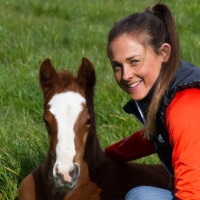
Camilla Whishaw is a highly regarded, experienced horsewoman and naturopath, helping to holistically treat and manage a broad range of equine health conditions and injuries, with a passion for mare and stallion fertility.
As a world-renowned practitioner, presenter, author, and consultant in the field of Equine Naturopathy, Camilla shares her knowledge through keynote presentations, interviews, lectures, panel sessions, and workshop training.

